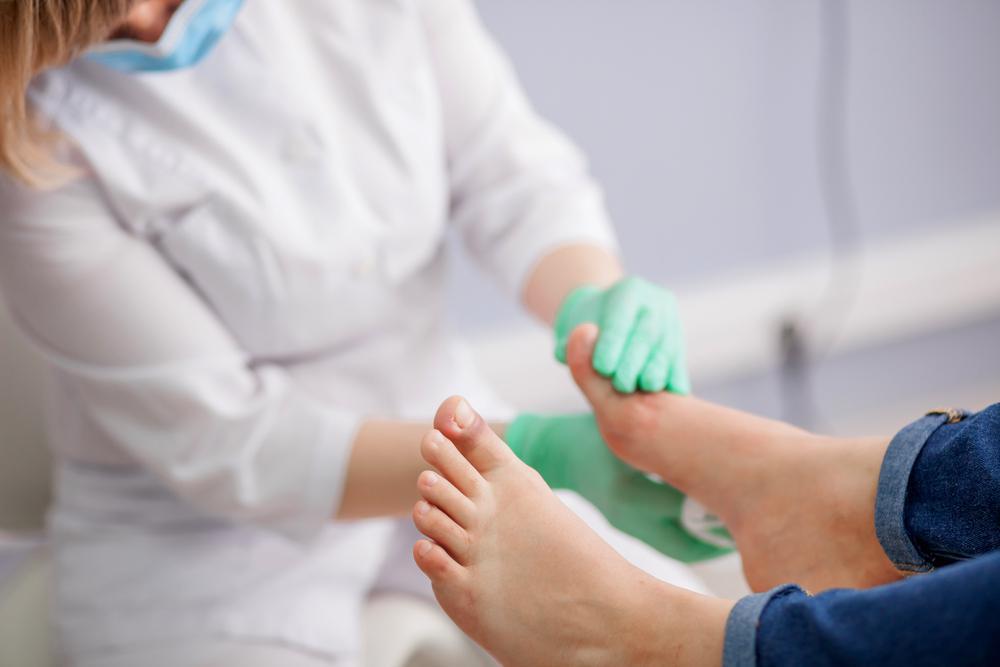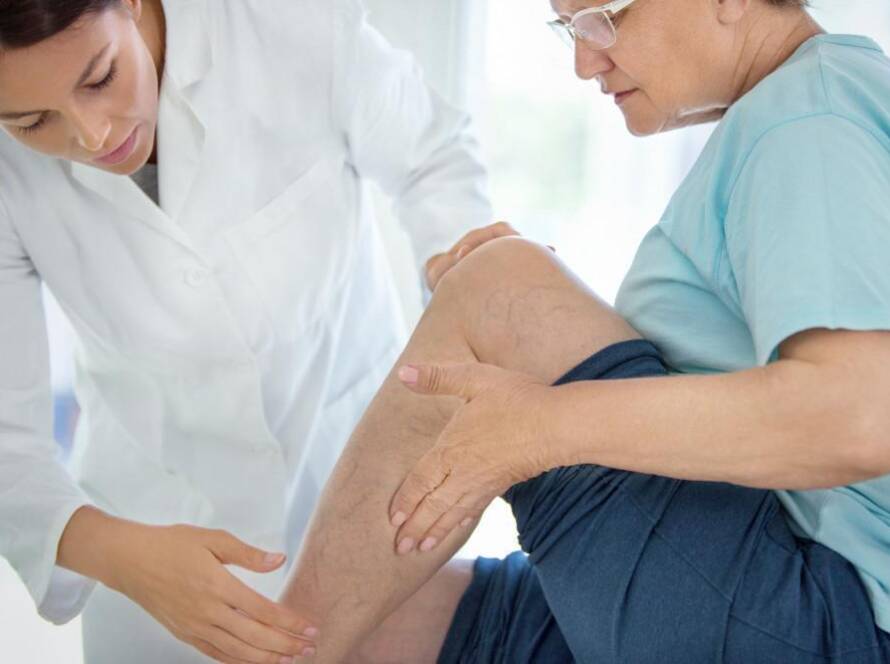If you’re newly diagnosed with diabetes, you probably have a nutrition plan, a schedule for checking your blood sugar, and tips for keeping your feet healthy. And if you wonder what your feet have to do with diabetes management, you’re not alone.
Our Premier Vascular team, located in Yonkers and Jackson Heights, New York, and led by vascular specialist Dr. Nirav Patel, explains the effects of diabetes on your circulatory system and peripheral nervous system and why your feet are at risk.
Circulatory effects of poorly controlled diabetes
Persistently elevated blood sugar levels associated with poorly controlled diabetes can cause loss of elasticity, restricted blood flow, and other inflammatory damage to your blood vessels. This interferes with your ability to deliver oxygen and vital nutrients to organs throughout your body.
The circulatory damage caused by diabetes can eventually lead to:
Kidney disease
Heart disease
Heart attack
Nerve damage (diabetic neuropathy)
Eye disease (retinopathy) and possible blindness
Increased infection risk
Foot ulcers and other chronic wounds
Stroke
Peripheral arterial disease (PAD)
Unfortunately, because diabetes is often asymptomatic until it’s advanced, circulatory damage can occur before you realize you have diabetes. On the other hand, bringing your blood sugar levels under control with effective diabetes management reduces your health risks.
Diabetes and your feet
Although diabetes can affect any part of the body, symptoms and health problems related to nerve and circulatory damage often occur first in the feet.
Your arteries, which transport oxygenated blood from the heart to the rest of the body, naturally grow narrower as they travel farther away from the heart. This characteristic can make the peripheral arteries carrying blood to your legs and feet more susceptible to the adverse circulatory effects of diabetes.
The smallest blood vessels (capillaries) are also affected by diabetes. These thread-like vessels deliver oxygen-rich blood to your skin and other tissues and carry away excess fluid and cellular wastes. Damage to the capillaries affects your ability to heal or resist infections, leading to diabetic foot ulcers and other chronic wounds.
Elevated blood sugar also damages the microfine peripheral nerves that supply sensation and motor function (movement) to your feet. Almost half of adults with diabetes develop nerve damage (neuropathy) that can affect eye health, digestion, and other vital functions.
Symptoms of diabetic neuropathy typically occur first in the feet. They include varying degrees of numbness and pain in your feet and legs that can interfere with your balance, ability to sense cuts or other injuries, and overall quality of life.
Diabetes foot care
Effective diabetes foot care includes controlling blood sugar levels to prevent its health consequences, spotting symptoms at their earliest stages, and treating the damage that’s already occurred.
Lower extremity signs and symptoms of diabetes-related vascular disease and nerve damage include:
Swelling in the legs and feet
Skin discoloration, especially around the ankles and feet
Dry, flaky skin
Persistent skin rashes
Skin thickening, especially around the ankles
Abnormal nail growth
Slow-to-heal wounds on the legs and feet
Numbness, tingling, or increased pain sensitivity
Balance problems
Cramping leg pain (claudication) with walking that resolves with rest
A sensation of heaviness or fatigue in the legs
Unexplained foot pain
To prevent chronic wounds and limb-threatening infections related to diabetic neuropathy, Dr. Patel and our team recommend checking your feet daily for signs of abrasions, cuts, or thickened skin. Also, be sure to check the soles of your feet and the areas between your toes since neuropathy can prevent your ability to sense pain.
To resolve your symptoms, Dr. Patel may recommend advanced wound care, angioplasty to clear blocked peripheral arteries, and other treatments that help restore normal blood flow to your lower extremities.
Schedule an evaluation at Premier Vascular today for further guidance regarding diabetic foot care and other services we offer. Call the office or request an appointment using our secure online service.




